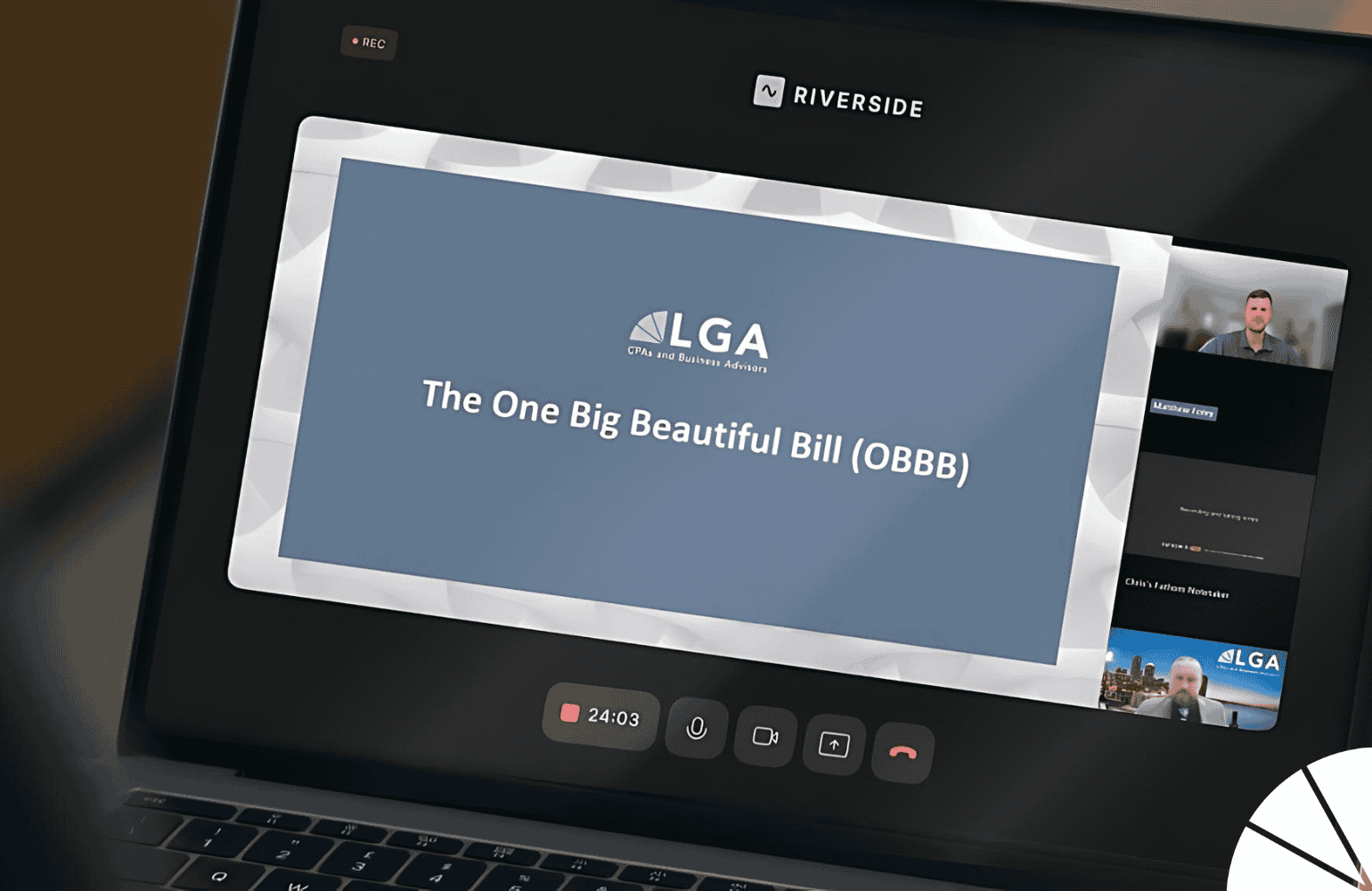
Imagine this scenario: A hacker covertly gains access to the email account of one of your top executives. Under the guise of this ‘executive,’ the hacker sends an email to your accounting and finance team, directing them to wire funds to what is believed to be a trusted company vendor. The email includes wiring instructions and account details that, unbeknownst to your team, route the funds directly to the hacker’s bank account, all while mimicking standard company procedures. Urging immediate action due to a supposed pending order, the hacker exploits the urgency to push the team member into completing the transfer quickly. Trusting the email’s authenticity, as it seemingly originates from the executive’s legitimate account, the team member complies. Without realizing it, they have become victims of a sophisticated social engineering scam.
Social engineering is a formidable adversary because it exploits human psychology, not just technological gaps. According to FBI statistics, 98% of cyberattacks rely on social engineering. Tactics range from phishing emails that mimic legitimate requests to advanced AI-driven techniques like voice cloning to authorize fraudulent activities. These methods are becoming more sophisticated and harder to identify, posing a threat to all businesses, regardless of size or industry.
As your trusted advisors at LGA, we are committed to not only guiding you through the complexities of financial landscapes but also ensuring your business remains resilient against evolving cyber threats.
Below are proactive steps you can take against social engineering attacks:
- Employee Training and Awareness: Regularly educate your team on the latest social engineering tactics and encourage a culture of skepticism, especially regarding unsolicited requests for information, money, or sensitive information, even if they appear to come from within the organization.
- Implement Verification Protocols: Establish a multi-step verification process for any unusual requests, particularly those involving financial transactions or sensitive information. When in doubt, verify through a secondary communication channel.
- Insurance Policy Review: Many businesses find out too late that their insurance provides limited coverage against social engineering fraud. Reviewing your policy details and understanding the extent of your protection is imperative.
- Risk Assessment: For those seeking a comprehensive evaluation of their cybersecurity posture, LGA has partnered with RSM to offer specialized risk assessment services for businesses. This collaboration enables us to provide you with expert insights into your vulnerabilities and tailored strategies to bolster your defenses.
Staying Vigilant: The Path Forward
The cyber threat landscape is constantly evolving, requiring ongoing vigilance and proactive defense strategies. By building an informed and cautious company culture, you significantly reduce the risks of social engineering. If you’re concerned about your business’s vulnerability to these types of attacks, we’re here to help. Contact us to discuss how we can assist in assessing and fortifying your cybersecurity measures.





